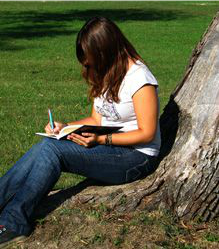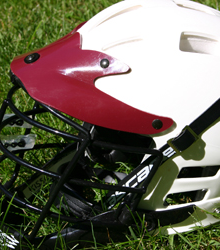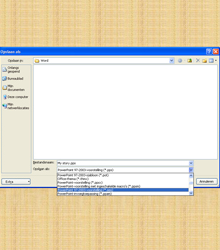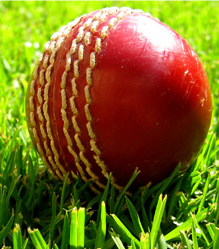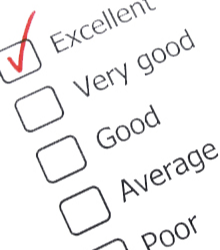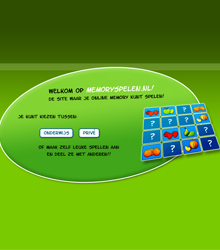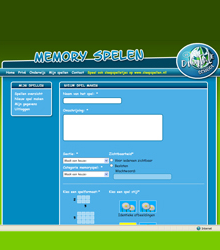Het arrangement Thema: Hobbies and sports - HV1 is gemaakt met Wikiwijs van Kennisnet. Wikiwijs is hét onderwijsplatform waar je leermiddelen zoekt, maakt en deelt.
- Auteur
- Laatst gewijzigd
- 27-05-2016 13:06:59
- Licentie
-
Dit lesmateriaal is gepubliceerd onder de Creative Commons Naamsvermelding-GelijkDelen 3.0 Nederland licentie. Dit houdt in dat je onder de voorwaarde van naamsvermelding en publicatie onder dezelfde licentie vrij bent om:
- het werk te delen - te kopiëren, te verspreiden en door te geven via elk medium of bestandsformaat
- het werk te bewerken - te remixen, te veranderen en afgeleide werken te maken
- voor alle doeleinden, inclusief commerciële doeleinden.
Meer informatie over de CC Naamsvermelding-GelijkDelen 3.0 Nederland licentie.
Aanvullende informatie over dit lesmateriaal
Van dit lesmateriaal is de volgende aanvullende informatie beschikbaar:
- Toelichting
- In het thema Hobbies and sports leren leerlingen door te luisteren (listening), te lezen (reading), te spreken (speaking) en te schrijven (writing) hoe ze in het Engels over hun hobbies kunnen vertellen.
- Leerniveau
- HAVO 1; VWO 1;
- Leerinhoud en doelen
- Schrijven; Engels; Luisteren; Spreken;
- Eindgebruiker
- leerling/student
- Moeilijkheidsgraad
- gemiddeld
- Studiebelasting
- 12 uur 0 minuten

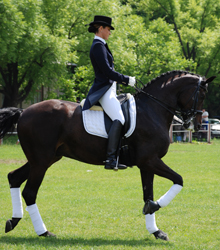


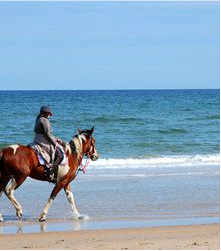


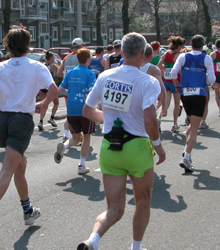
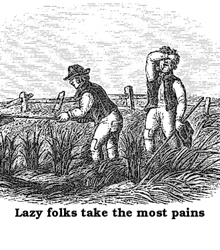
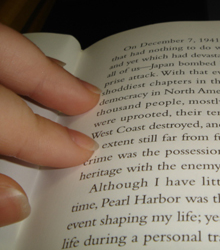
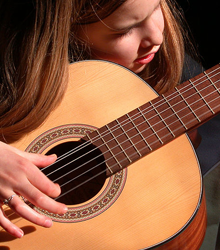

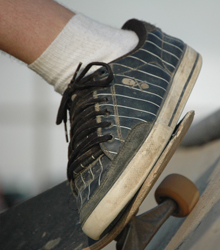

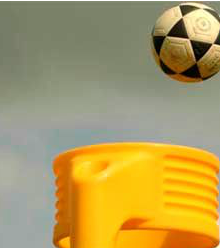
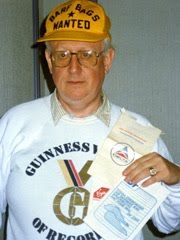

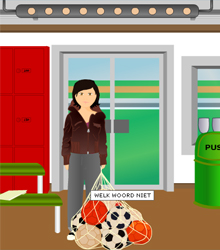
 Typing game
Typing game


